
DataCampLearn More |
CourseraLearn More |
|---|---|
| $ Pricing | $6/mo | $399/year |
| Best for |
DataCamp has some free beginner-level courses available on their website and that is a really great place to start. |
Coursera allows you to learn anytime and anywhere at your convenience; therefore, learners find it super flexible to take the course on Coursera. |
| Features |
|
|
| Pros | |
|
|
| Cons | |
|
|
| Ease of Use | |
|
Mobile-compatible, easier to navigate, focuses on data science and analysis courses, gamification approach for engaging learning. |
Mobile-compatible, extensive catalog can be overwhelming, but it offers a broad range of subjects, including data science. |
| Value For Money | |
|
Courses offered by DataCamp are designed by expert professionals and along with that they offer real life projects. These are the things which makes it worth investing. |
Coursera is a little expensive when it comes to pricing but the courses offered by this platform are of top universities which makes it worthy of investing that much money. |
Welcome to our DataCamp vs. Coursera Comparison 2024
Thinking about learning something new online? Platforms like DataCamp and Coursera make it easy with discounts and free trials.
Skills like machine learning, healthcare analytics, cloud computing, and IT are in high demand. Many people turn to these platforms to improve their knowledge and stay ahead.
But can they really help you learn well from home?
In this guide, we’ll compare DataCamp and Coursera to help you decide which one is the best fit for you.
Let’s get started!
DataCamp vs Coursera Comparison:
| Criteria | DataCamp | Coursera |
|---|---|---|
| Ease of Use | Mobile-compatible, easier to navigate, focuses on data science and analysis courses, gamification approach for engaging learning. | Mobile-compatible, extensive catalog can be overwhelming, but it offers a broad range of subjects, including data science. |
| Language Support | Website in English, videos with subtitles in at least 10 languages, and community-based resources in various languages. | The website is localized in several languages, and the courses are primarily in English with some translated content and subtitles. |
| Course Quality & Variety | Career-focused courses taught by industry professionals, real-world data projects, comprehensive for all learner levels. | Academic-focused, partnership with top universities, extensive course variety, university-level standards. |
| Certifications | Offers certificates for course completion, not accredited but valuable as proof of skill, and certifications for more comprehensive learning paths. | Accredited certificates for various programs (courses, specializations, degrees), auditing option available for free users. |
| Pricing | Offers different plans, including special plans for businesses and teams. | Various pricing options depending on the course or program, free auditing available, and special plans for businesses and educators. |
About DataCamp
DataCamp’s website offers some free beginner-level courses. It also offers annual and monthly subscription plans to access all the premium Courses. Learners can pay $6 per month or $250 per year to access all the excellent courses.
The first chapter of these courses is free to access, giving you the essence of the Course before paying.
After completing the course, you will be issued big data certificates. Students can use these certificates to upload them to any professional network site like LinkedIn.
About Coursera
Coursera offers courses based on every topic and every branch, from mathematics and biology to business. Coursera works with different universities and organizations and helps learners gain knowledge through available courses.
Coursera offers courses for beginners and advanced level students. Courses can be accessed for 10-12 weeks.
Each Course is divided into several weeks, with 1-2 hours of video lectures and e-material to read about the topic. After each week’s completion, an assignment is given for the students to solve.
These assignments are further evaluated, and grades are given to the students based on their performance. Some of the courses available are accessed at our own pace, but you have to match the instructor’s pace for some courses.
Coursera allows you to learn anytime and anywhere at your convenience, so learners find it super flexible to take the course on Coursera. The discussion forums available on Coursera allow you to interact, and professors actively participate in these forums.
After completing the course, you will be issued certificates, which students can upload to any professional network site like LinkedIn.
DataCamp vs Coursera: Plans
DataCamp: DataCamp offers four pricing options. The Basic plan is free and provides access to the first chapter of courses, but it doesn’t include certificates. For individuals, the Premium plan costs $7/month (billed annually) and unlocks the full course library, certificates, and popular tools like Python and SQL.
The Teams plan is priced at $13 per user/month (billed annually) and includes team management features and progress tracking. For larger organizations, the Enterprise plan offers advanced options like custom learning paths and analytics, with pricing available on request.
Coursera: Coursera offered Coursera is primarily free. You can watch videos of the course you have taken and complete the course in a given period. But if you want to issue the certificate for the course you have taken, you must pay between $0 and $99. Some specialized courses are available on Coursera and can only be taken by paying a certain amount.
Usually, subscriptions are priced from $39 to $89 per month to access one specialization course. Subscribing to a specialization course gives you full access to all contents in that course till your subscription is active.
My say: Although Coursera offers free courses, DataCamp is more transparent and cheaper than Coursera and has the cost at its advantage.
DataCamp vs. Coursera: Curriculum
DataCamp: DataCamp seems to be more engaging for beginner-level students. It offers 325 courses based on Data Science and R programming. Learn data science quickly with DataCamp. Each class is for 4 hours. To help you select the course, DataCamp has also introduced a skill track and career track.
Coursera: Talking about Coursera has more than 5400 active courses based on different topics. Coursera offers you courses from beginner level to advanced level.
Recently, Coursera started offering you a bachelor’s degree and a master’s degree, which are well-recognized by universities and companies and can help students with their jobs or higher studies.
My say: If you are a beginner and want to learn some basics, then Datacamp is perfect for you, but if you are specifically looking for degrees and certificates, you should choose Coursera.
DataCamp vs. Coursera: Courses Available
DataCamp: DataCamp offers 325 courses along with 43 skill tracks and 13 career courses.
Along with the average purses offered, the skill tracks are specifically designed to enhance your skills, and the career tracks are designed to boost your career. To have a better understanding regarding the same, let us have a look at the various courses available in some more detail.
Here are a few examples of courses that are available on DataCamp
- Introduction to R
- Intermediate R
- Introduction to Machine Learning
- Data visualization with ggplot2
- Text mining with Bag-of-words in R
- Introduction to python
- Introduction to SQL
- Python Data Science Toolbox
- Introduction to Network Analysis in Python
Here are a few examples of skill tracks:
- Image processing
- Importing and cleaning data
- Shiny Fundamentals
- Applied Finance
Here are a few examples of career track
- Data analyst with R
- Data analyst with python
- Python programmer
- Statistician
- Machine learning scientist
Coursera: Coursera offers a variety of courses from various fields like Arts and Humanities,
Business, Data Science, Information Technology, Health, Math and Logic,
Physical Science and Engineering, Social Sciences, and Language Learning.
Here are a few courses available on Coursera :
- Python for everybody
- Programming for Everybody (Getting Started with Python)
- Applied Data Science in Python
- Market Research
- Excel skill for Business
- fundamental of Project Planning and Management
- Introduction to Psychology
- Social Psychology
Along with these courses, Coursera offers you a bachelor’s degree and a Master’s degree program, which you can take and get your degree online, which is well-recognized by Industries, Companies, and Universities.
Some of the Degree programs available on Coursera
- MSc in Innovation and Entrepreneurship by HEC Paris
- Bachelor of Applied Arts and Sciences from the University of North Texas
- Master of Computer Science by Arizona State University
- Master of Science in Electrical Engineering from the University of Colorado
- Master of Applied Data Science by the University of Michigan
- MSc in Machine Learning by Imperial College of London
My say: Coursera has an edge over DataCamp as, along with regular courses, you get to have a degree in the subject or topic of your choice, and having a degree benefits your career growth.
DataCamp vs. Coursera: Instructors
DataCamp: The instructors available on DataCamp are from various organizations and Universities. DataCamp has a profile of all its tutors under the bio of each one. You can learn more about the person who will teach you from there.
Coursera: The instructors available on Coursera are from renowned top Universities, and many are still employed at those universities. Along with the bios of the instructors, you will also learn about their degrees, certifications, and all the information about their credentials.
My say: While comparing the tutors in these two platforms, I found out that some tutors in DataCamp had “ Data Scientist at Datacamp ” written in their bio, which I think is very vaguely written, and I found it hard to trust them. Coursera has all university teachers as instructors who have uploaded all their degrees and certificates in their bios, and hence, it becomes difficult to doubt their credentials.
Pricing Comparison: Datacamp vs Coursera
Cost plays a vital role in deciding any learning platform. So, let us look at DataCamp’s subscription plans.
Data Camp basically offers 4 different plans to its users. 3 Plans are for individuals, and 2 are for teams. First, let us have a look at the plans offered to individuals.
- Basic (free)
- Premium ($the 7/month)
- Teams ($13/month per person)
- Enterprise (contact)
Coursera
Datacamp vs. Coursera: Best Platform to Learn Data Science?
So, our main question is: Which is the best platform for learning Data Science courses? We would like to answer this by saying that you should be clear about what you seek from these courses to know this answer.
For beginners with just essential or no data science knowledge, Datacamp would be a great platform, and for intermediate-level learners, learning from Coursera would do wonders.
We started with a Data Science course from DataCamp and got a more professional certificate from Coursera. To form a better opinion, let’s examine the pros and cons of each platform.
DataCamp Vs. Coursera: Support
Support plays a vital role in the discussion when choosing the best online learning platform. Learning should never stop due to some problems that we encounter, and troubleshooting should always be easy. Let us have a look at the support offered by each of these platforms.
DataCamp Support
The support page of DataCamp looks like this.
When you click on “Your DataCamp Account,” this window will open
Here, you can find detailed help and articles related to your problems.
Coursera Support
When you click on the “help” tab on its website, the Coursera help page appears looking like this:
After clicking on the account setup, the help options appear as follows:
These help articles efficiently help you troubleshoot your problems.
My say: DataCamp and Coursera have dedicated support teams continuously working to improve the support they provide for their users. Contacting their support teams is also easy. When the support provided by both of them is excellent, learning will always be fun, whichever platform you choose.
DataScience Vs. Coursera: Recommendations
Some honest and reliable recommendations for you:
MICHAEL GRACIE: I would recommend Coursera (Specializations), particularly in math, computer science, and other STEM-oriented subjects, to those with self-discipline and a desire to learn new skills simply for the sake of it.
HENG LIM NG: Anyone who wants to improve and learn. The Andrew Ng course is necessary for those primarily interested in machine learning.
PATRICK GRAY: Coursera is suitable for people who want to take fun courses from credentialed professors at known institutions.
DataCamp vs. Coursera: Who should use it?
As we discussed in the pros and cons of both DataCamp and Coursera, it is tough to say which is the best.
DataCamp is designed for learners new to Data Science and will help you learn the basics. That is why it is the best platform so far for beginners.
On the other hand, Coursera is designed for intermediate and advanced learners. It helps advanced learners gain in-depth knowledge about the course. It ultimately allows you to grasp the subject, which can help you get a job in this field.
Coursera offers various courses, and therefore, both platforms are unique in their own way. Learners who want to achieve a degree in the desired field should opt for Coursera, as the degrees provided here are from top universities worldwide.
FAQs On DataCamp vs. Coursera:
What are the differences between DataCamp vs Coursera?
While DataCamp and Coursera are both prominent online learning platforms, they differ significantly in their offerings. Coursera provides a wide array of courses, including accredited university degrees, encompassing various subjects. In contrast, DataCamp specializes in data science and analytics. Furthermore, while DataCamp's certifications hold industry recognition, they lack formal accreditation, unlike Coursera's diplomas which are accredited.
DataCamp vs Coursera: how do the costs differ?
Both DataCamp and Coursera offer free learning options, but with a restricted range of courses and services. Coursera's pricing begins at $49 for individual courses, with a monthly plan option at $59. On the other hand, DataCamp's Premium plan is available at a monthly rate of $25.
How do you choose which online course sites to review?
Our selection of online learning platforms is guided by factors such as their market presence, popularity, and crucially, the interest and requests of our users who seek authentic reviews of various MOOCs (Massive Open Online Courses).
Quick Links:

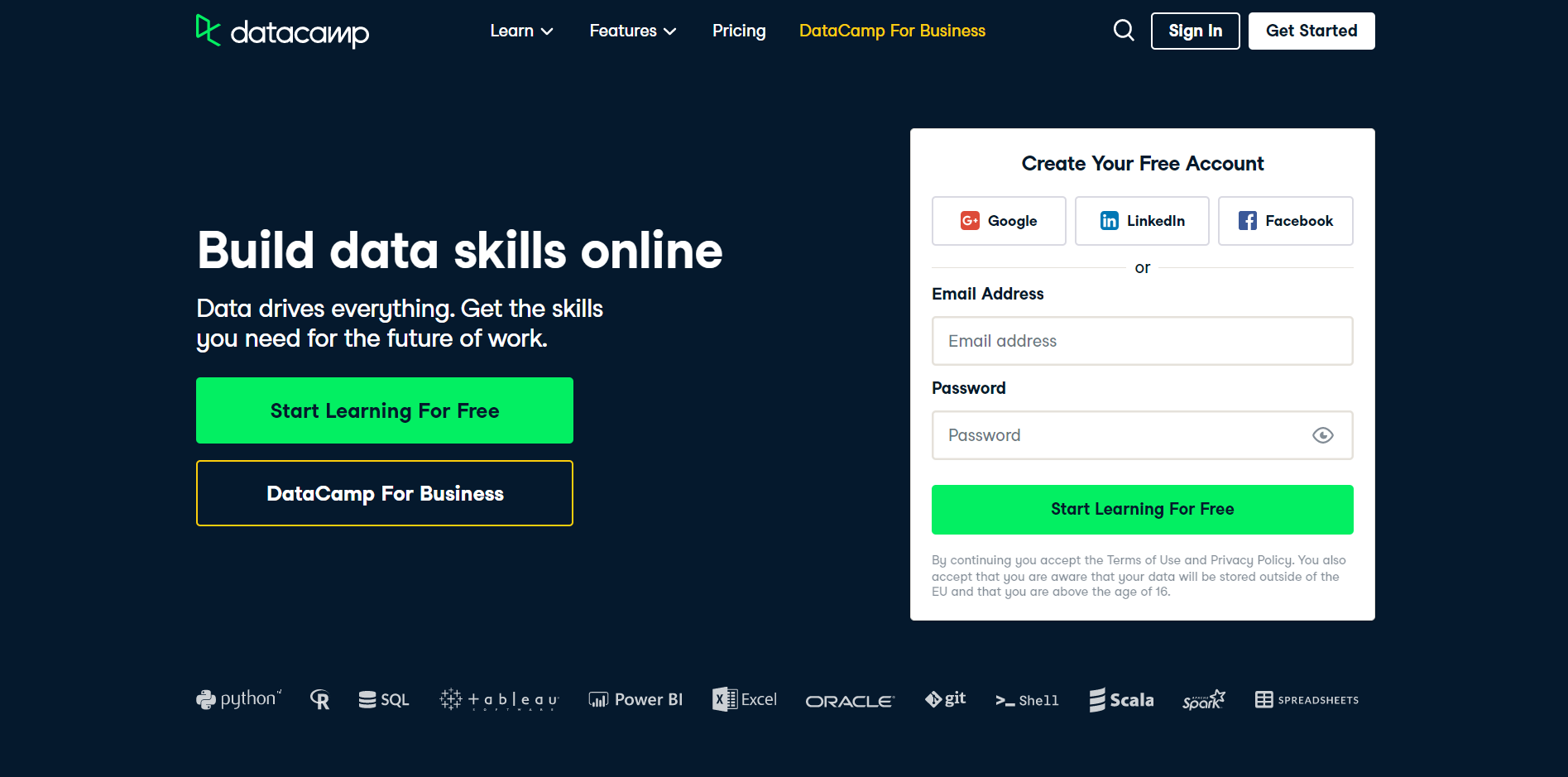
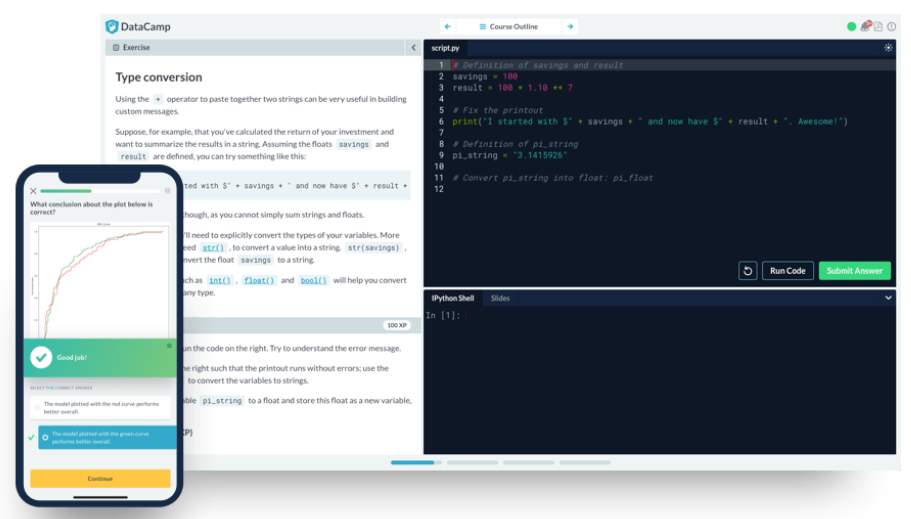

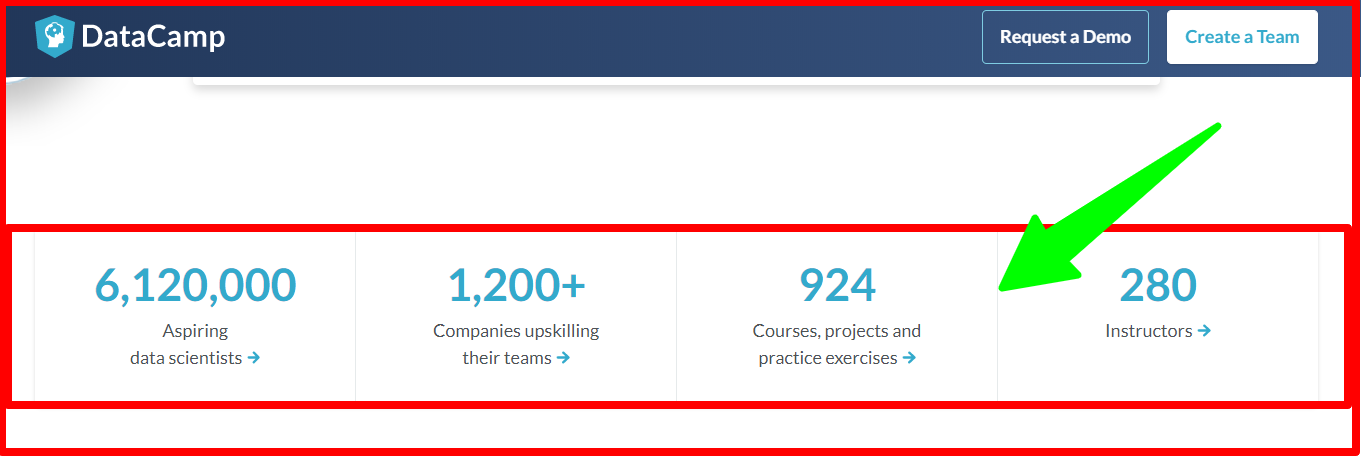
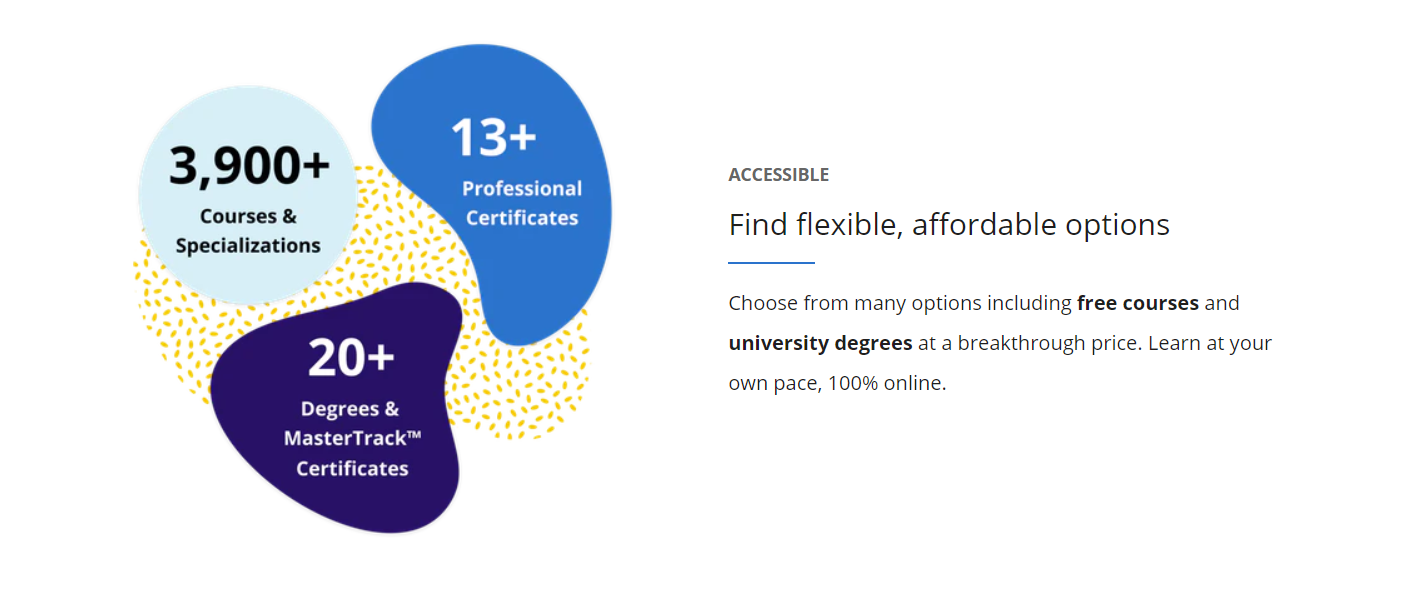
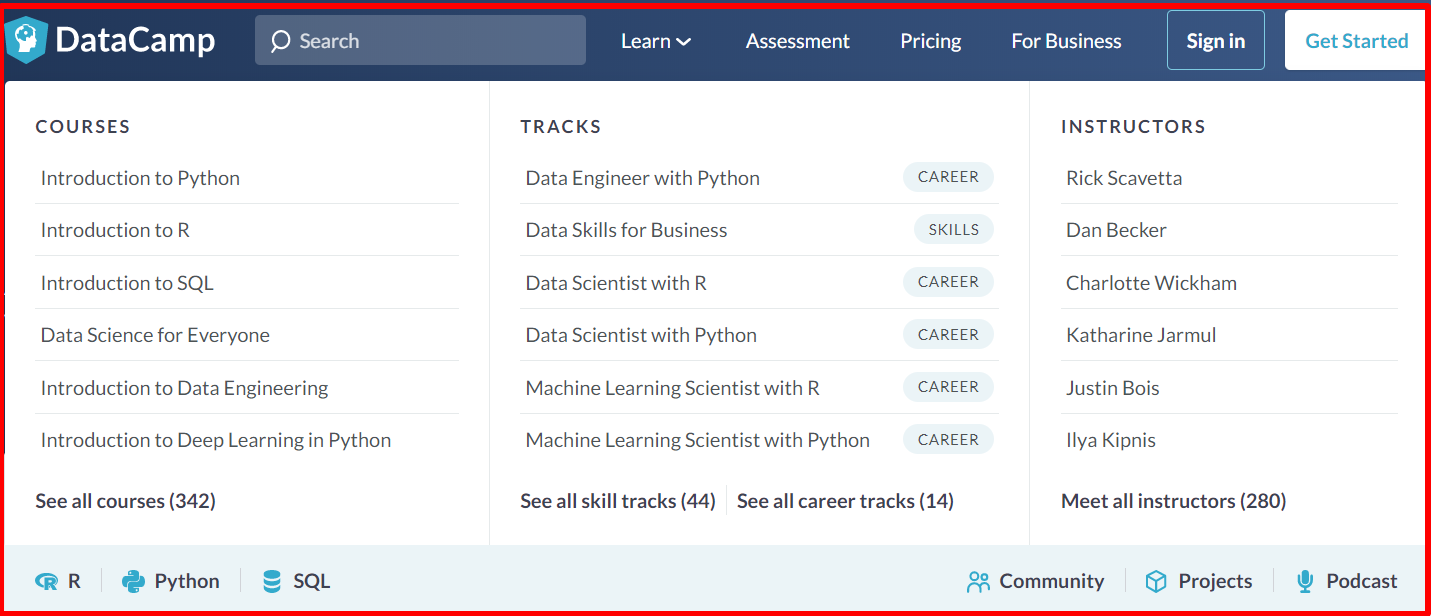
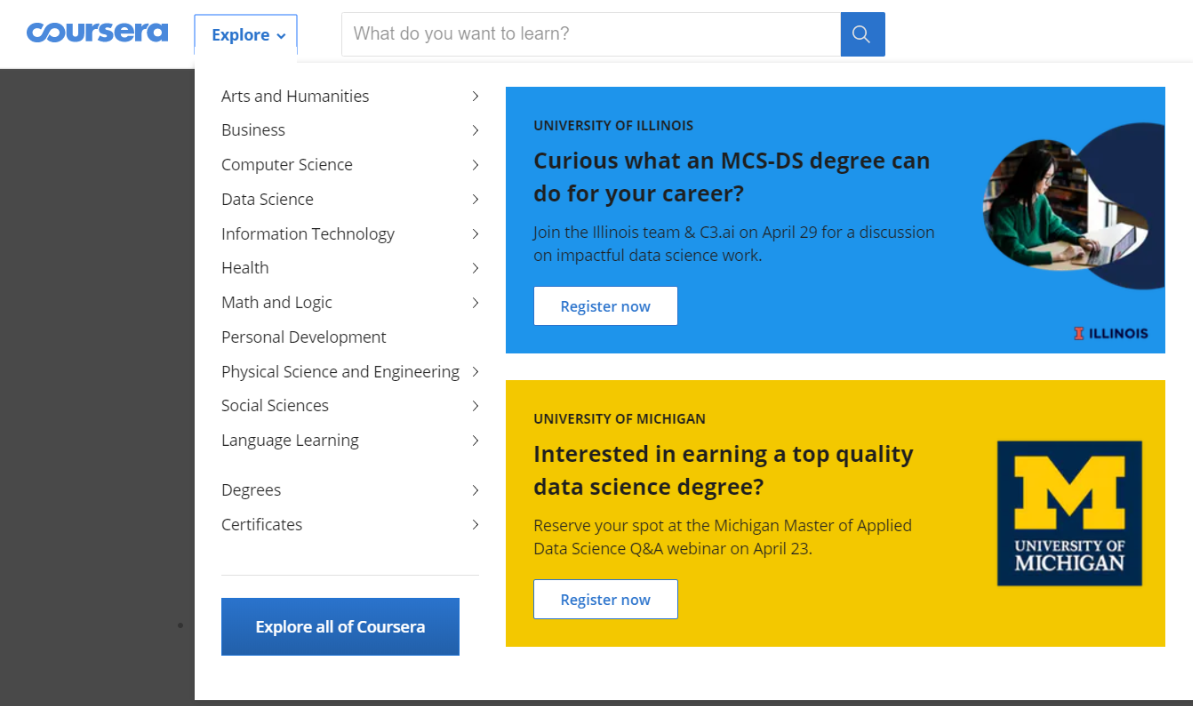
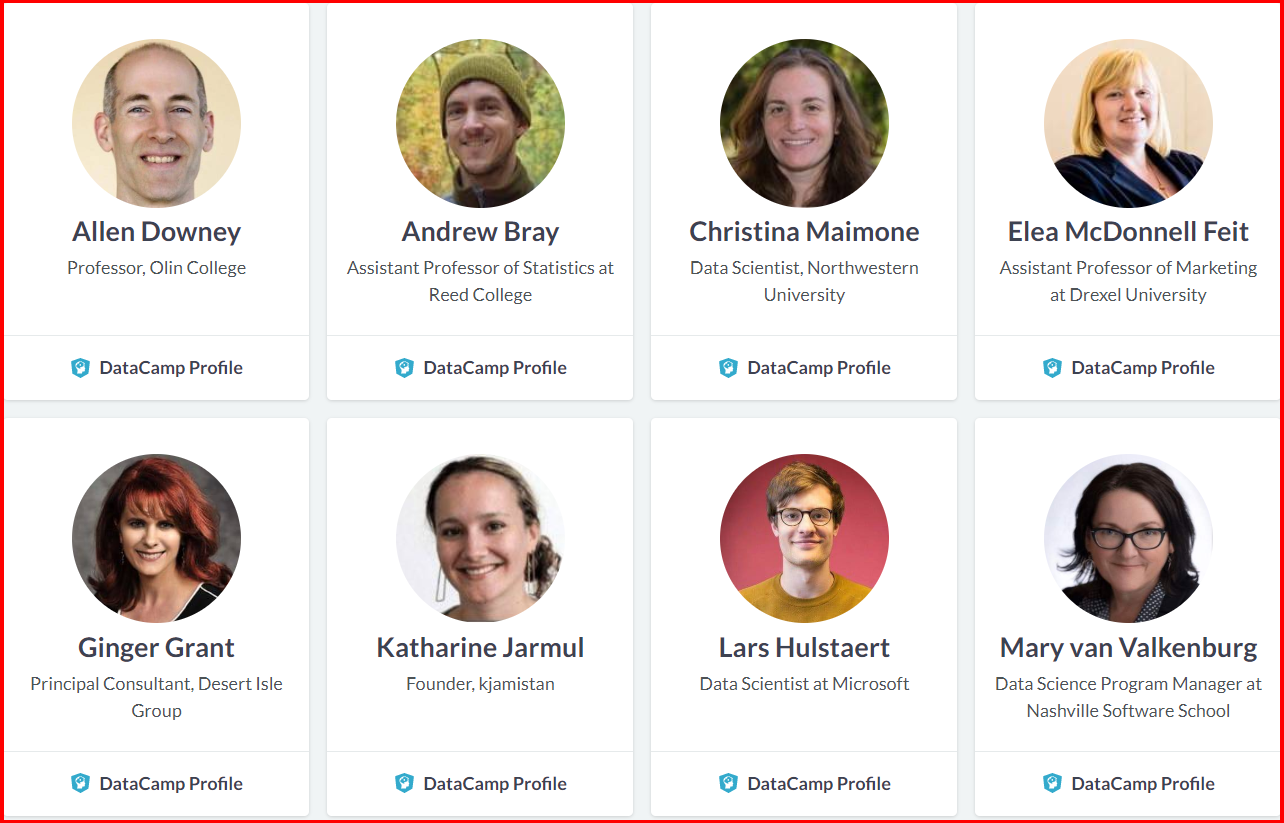

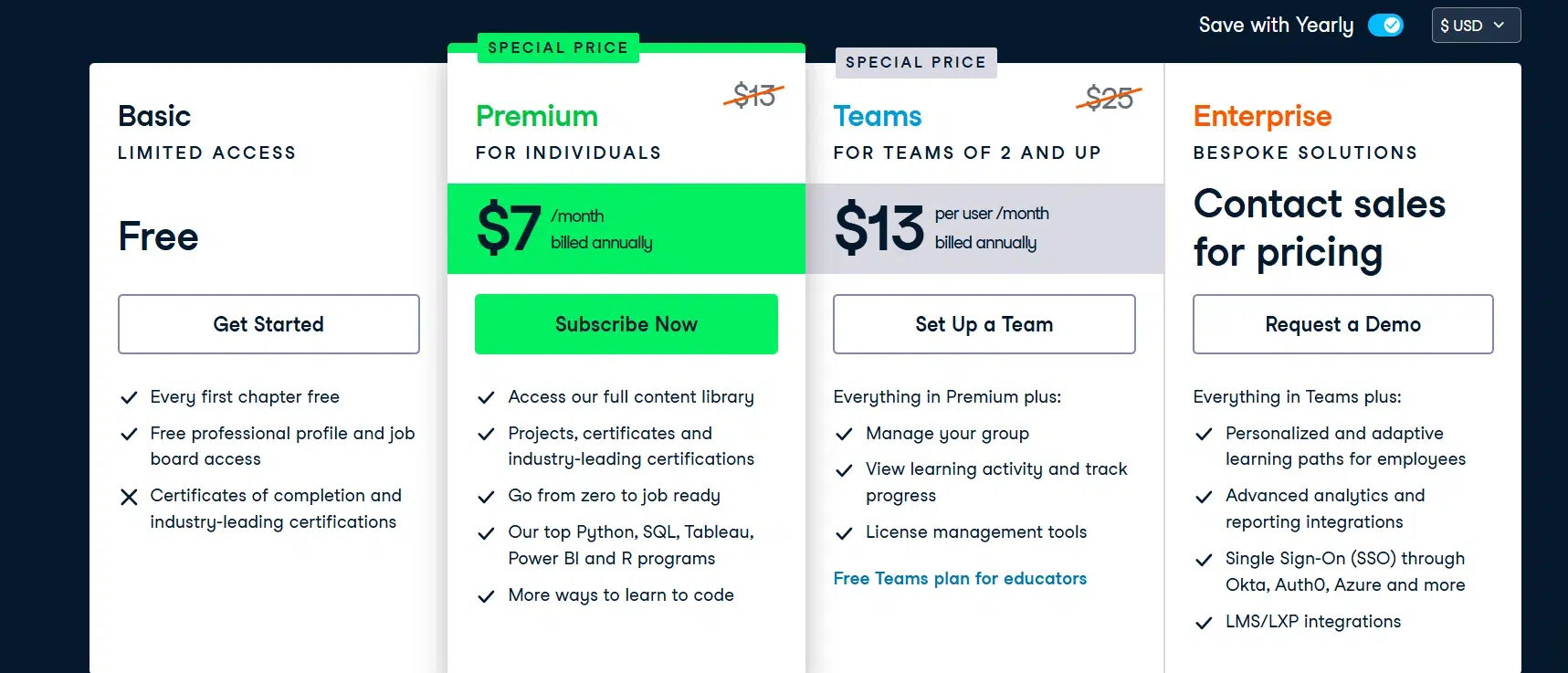

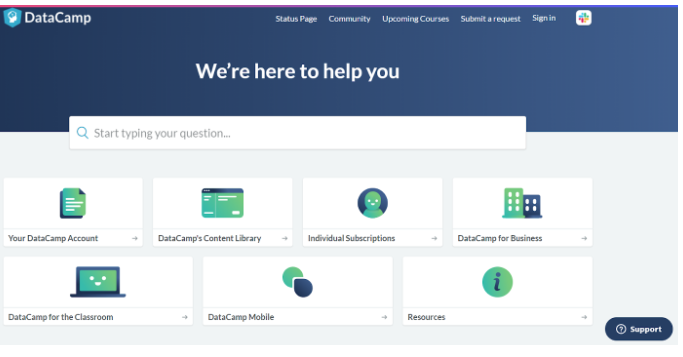
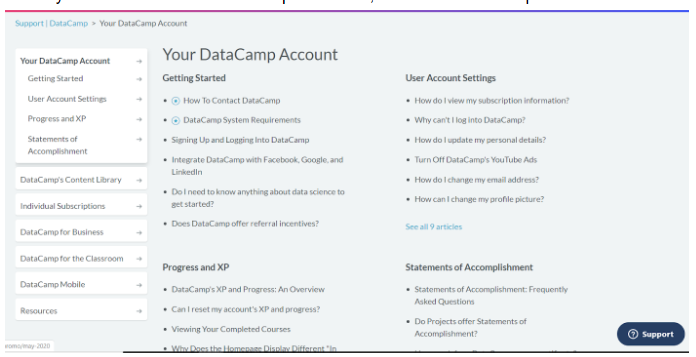
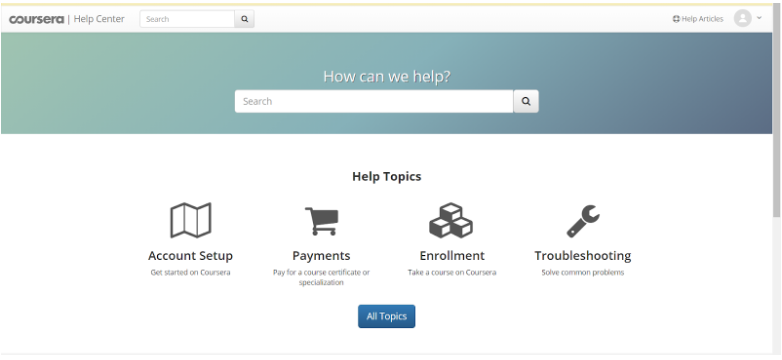
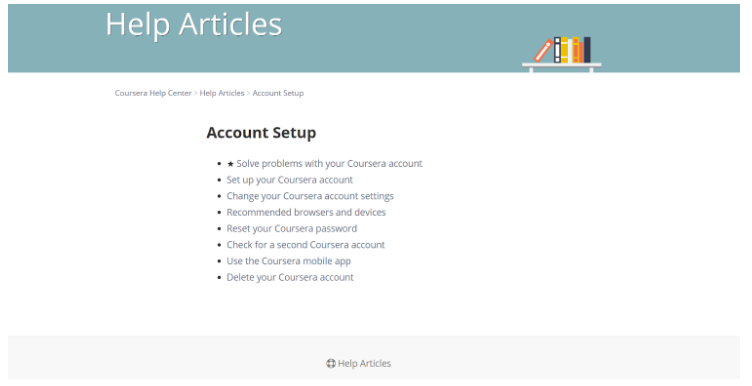




Very helpful article, just what I needed! I think I am going to try out DataCamp, as the possibility to study self-paced is very important to me.